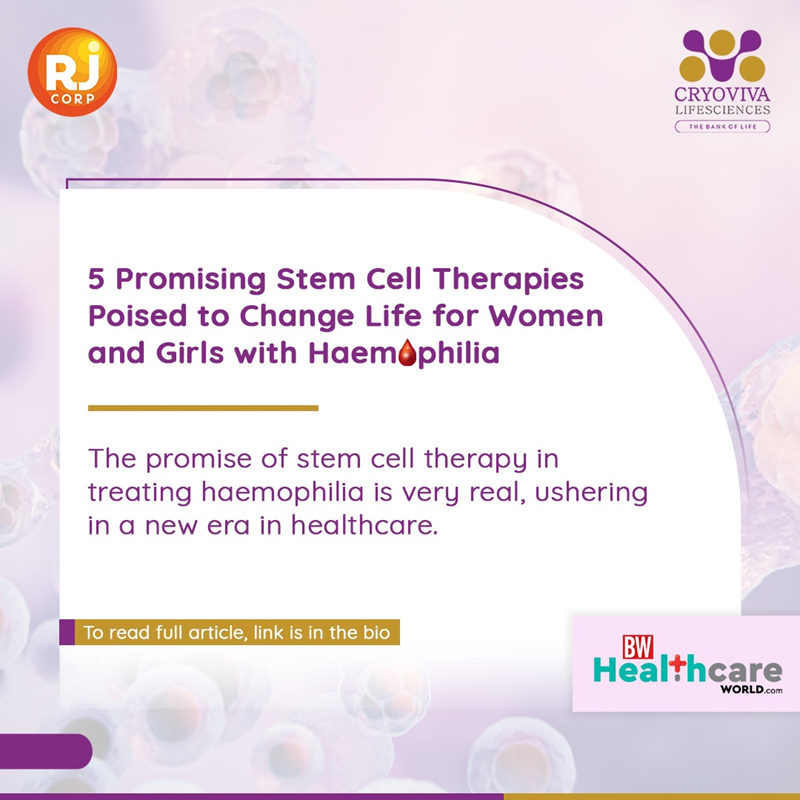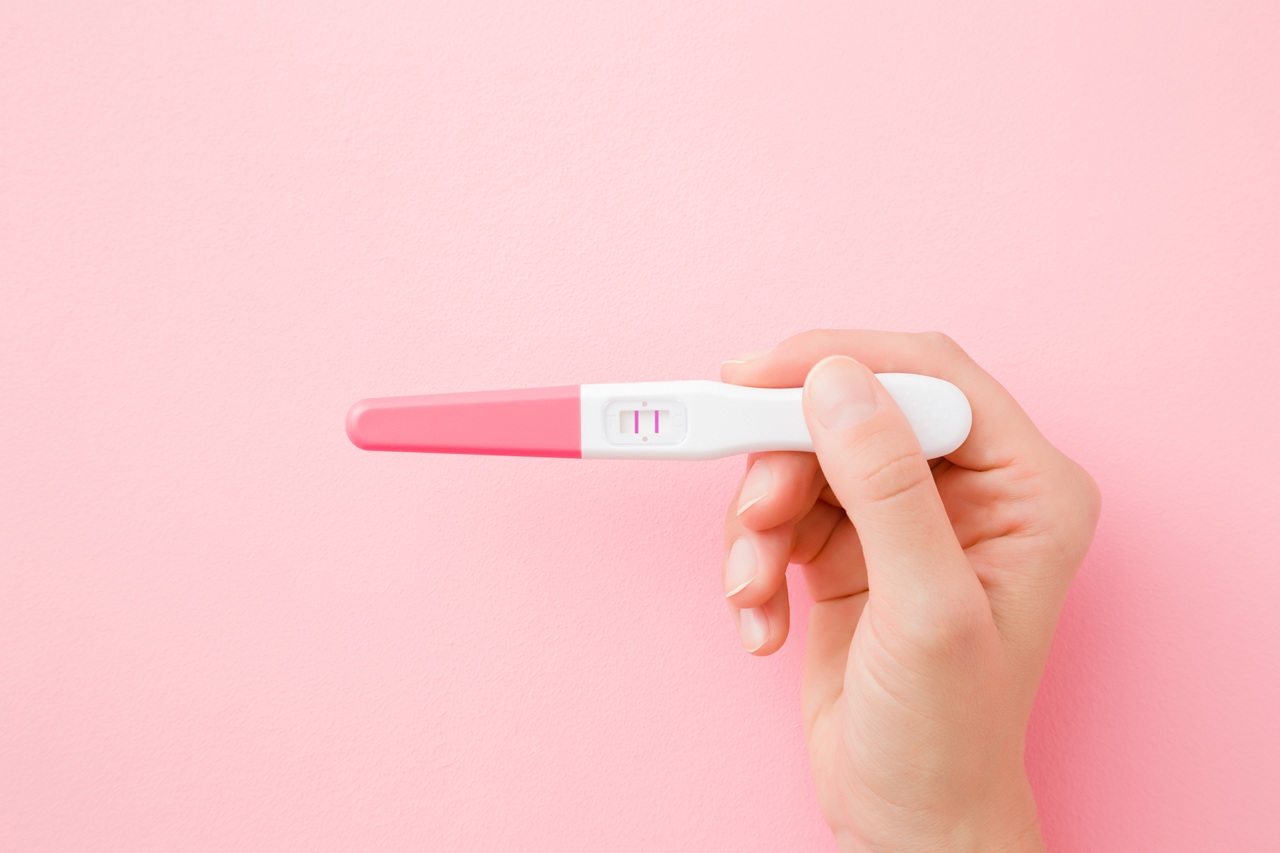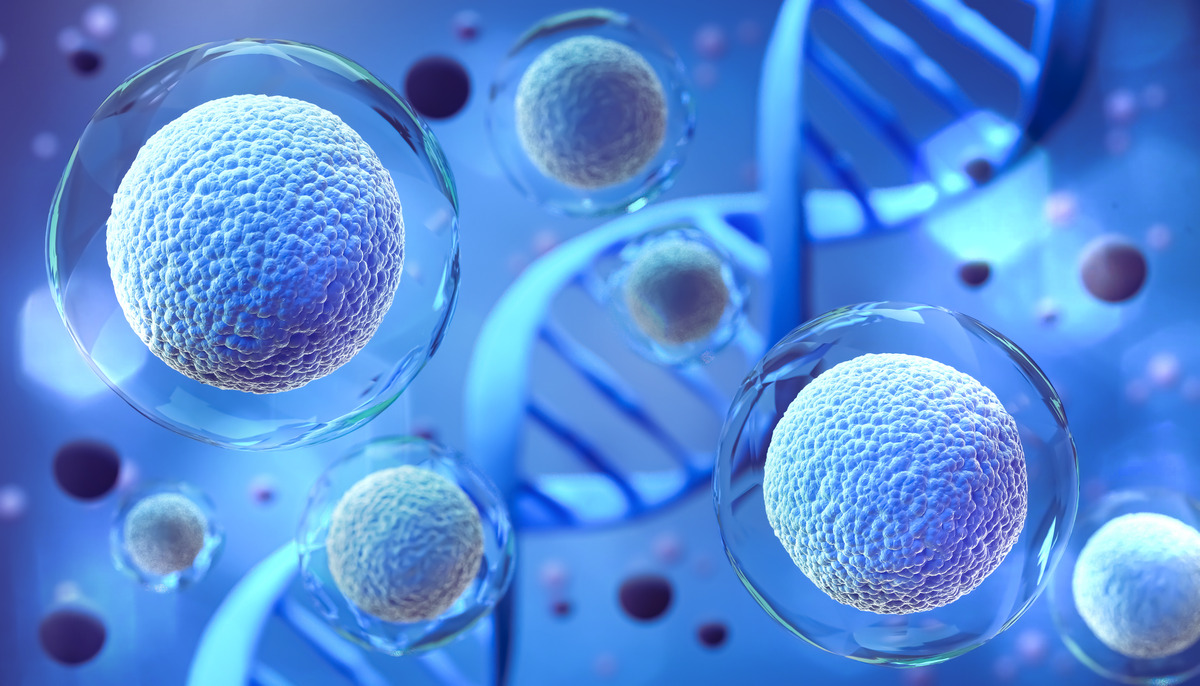Symptoms of Early Pregnancy

Are you wondering if you might be pregnant? The early days of pregnancy can be overwhelming, filled with a mix of anticipation and uncertainty. You may experience a number of symptoms that signal the beginning of this journey.
Therefore, it is crucial to clearly distinguish these early symptoms to estimate whether you might be pregnant and determine when to consult a doctor. In this blog post, we’ll explore 8 common symptoms of early pregnancy, providing you with the ability to understand about this exciting journey.
8 Symptoms of Early Pregnancy
Here are the 8 common symptoms of early pregnancy to help you identify what to look for during this transformative time:
1. Missed Period
The first and most frequently observed pregnancy symptom is a delayed menstrual cycle. During conception, the body releases hormones that stop ovulation and stimulate breakage of the uterine lining, so no period is experienced. However, it is essential to understand that the absence of a menstrual period does not always mean one is pregnant. Stress, hormones, and some changes in lifestyles can also be the reason for the irregularities.
2. Nausea and Vomiting (Morning sickness)
Nausea and vomiting are other common symptom in early pregnancy, typically occurring between the fourth and sixth week. Contrary to the name, nausea and vomiting may happen at any time, regardless of the day or the night. The condition is prevalent in pregnant women, varying from slight discomfort to severe complications in some.
3. Breast Changes
During the first trimester of pregnancy, hormonal changes lead to pain, swelling, and an increase in the size of the breast. Such changes may be like PMS but are often more severe. Darkening of the skin over the nipples or the areolas may appear, along with increased visibility of the breast veins. These pregnancy symptoms generally diminish as the body adapts itself to the new, extra doses of the hormone.
4. Fatigue
Feeling extremely tired is normal up to about week 8 of pregnancy. Progesterone is a hormone that assists in maintaining the pregnancy and causes a decline in metabolic rate, leading to feelings of exhaustion. This tiredness mostly decreases in the second trimester, but getting plenty of rest is important, especially in these early weeks.
5. Breathlessness
During pregnancy, progesterone raises the lungs' capacity to take in oxygen for the mother and the baby. This can sometimes lead to shortness of breath due to the expansion of the uterus on the diaphragm as the pregnancy progresses. While this is normal, sudden breathlessness that comes with pain, palpitations, or extreme fatigue requires immediate consultation from an expert.
6. Constipation
During pregnancy, hormones slow down the digestion process, and pressure from the growing uterus on the intestines triggers constipation. Drink plenty of fluids, eat high-fiber foods, and engage in moderate exercise to help keep things moving smoothly.
7. Mood Changes
Hormonal shifts in early pregnancy can make you more emotional or irritable. Some women experience feelings of joy, while others struggle with symptoms of depression. Symptoms of depression are exhibited by one in every ten pregnant women, which is a treatable condition.
8. Vaginal Discharge
Increased estrogen levels can lead to more vaginal discharge during pregnancy. This discharge may be clear or white and acts as a means to prevent bacterial transfer from the vagina up to the uterus. However, foul odour, itching, and pain associated with the discharge are signs of infections and hence, should be evaluated by a doctor.
Wrapping Up,
Navigating the early symptoms of pregnancy can be difficult at first. However, it is necessary to note that pregnancy symptoms differ from one woman to another. Not every pregnant woman will experience all the mentioned symptoms. If you suspect you might be pregnant, reach out to your healthcare provider for support and guidance.
In addition to recognizing these early symptoms, consider the long-term health benefits of stem cell preservation. Cryoviva offers stem cell preservation, allowing you to store the valuable stem cells from the umbilical cord to protect your little one from diseases. This simple, painless process will allow you peace of mind, knowing that you have a resource that could help treat unexpected illnesses down the line.






 Enquiry
Enquiry
 Email
Email Phone
Phone
 Whatsapp
Whatsapp